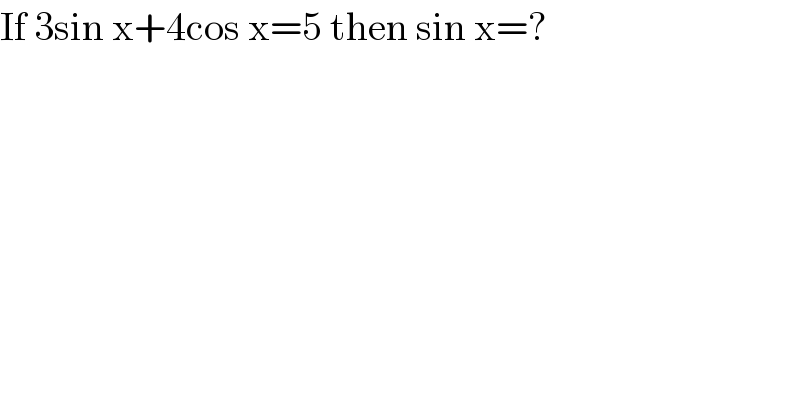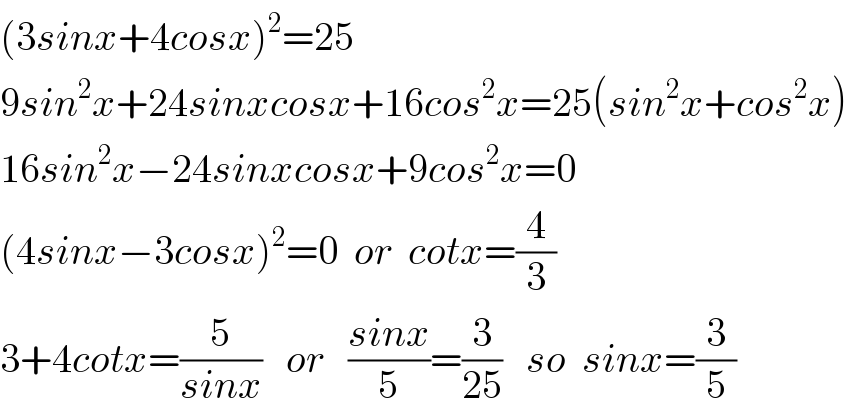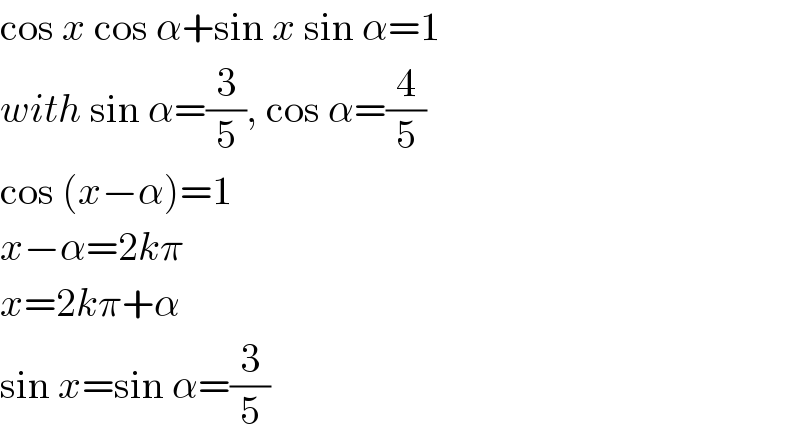
Question and Answers Forum
Question Number 100131 by bemath last updated on 25/Jun/20

Commented by bobhans last updated on 25/Jun/20

Commented by bemath last updated on 25/Jun/20

Commented by Dwaipayan Shikari last updated on 25/Jun/20

Answered by Rasheed.Sindhi last updated on 25/Jun/20

Answered by mr W last updated on 25/Jun/20

